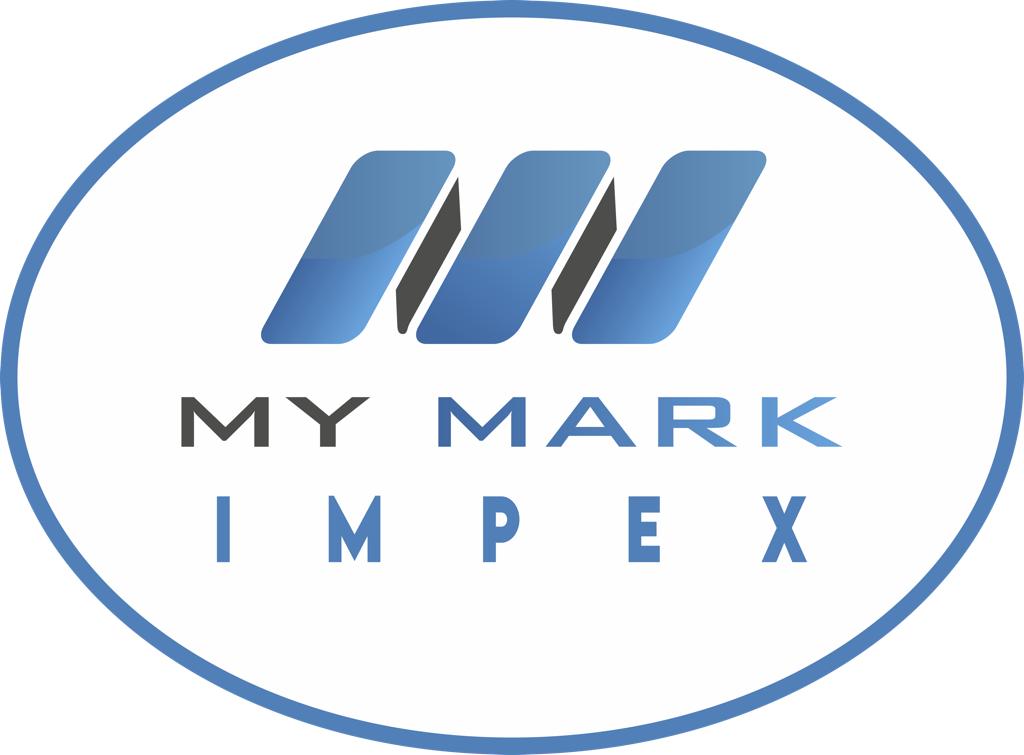PRE-MINING

PRE-MINING
Pre-Mining phase is the crucial phase in the mining process which gives us an idea if the mining venture in that particular area is economical. It involves study of historical and geological data combined with information provided by the satellites and coordination with local department authorities to gather information regarding the prospective mining area.
Exploration
Mineral exploration begins with initial stage prospecting to determine if a mineral resource exists. Broad scale structural mapping and geochemical sampling are used to identify areas of interest containing specific metals or minerals and helps to define the zone of potential mineral resource. If positive results are found, exploration activities move into an initial phase of drilling. Drilling information is used to quantify the initial exploration findings and determine the size and scale of a potential resource.
Mining Risk Assessment
Mining Risk Assessment is a process used to evaluate hazards that can cause a great harm to mining operation and its workers if they are not adequately controlled. The information provided by Mining Risk Assessment is considered beneficial for safer work environment. Risk Assessment tools are used to help prevent major hazards in mining industry, e.g., fire, explosion, wind-blast, outbursts, spontaneous combustion, roof instability, chemical and hazardous substances, etc., from injuring the workforce.
Feasibility Study
Mining Feasibility study and other preliminary assessments are very vital before commencing any mining project as the costs of commissioning a mining project are huge and could be fatal for the financial health of the mining organization. Feasibility study helps in evaluating the potential and economic costs of a mining project. My Mark with its team of experts undertakes fully integrated technical design and economic assessment for mineral development projects at Scoping Study, Pre-Feasibility Study, and Feasibility Study. Our expert team has considerable experience in providing these studies.
- Preliminary Economic Assessment
- Scoping Study
- Pre-Feasibility Study
- Definitive Feasibility Study
- Mining methods Analysis
- Detailed Engineering
- Market Survey, Cost Estimation and Economics.
Planning
Mine Planning is carried out to understand the most critical factors i.e. cost and investment. The Mine Planner's objective is to schedule and plan operations to optimize the return on investment (ROI), through capital investment (typically in mobile equipment), design, extraction scheduling, and preparation of the mineral product according to specifications in terms of quantity and quality.
Long-term mine planning would look at the position of the mineral deposit in the market, compared to other global deposits, capital investment decisions, risk issues. Medium-term mine planning, focuses on mobile equipment capital investment, strategic positioning for optimization of product quality etc. Short-term mine planning focuses on where to mine next week, is it accessible? Are there enough blasted stocks to feed the crusher? What contingencies are available for extreme weather events?
The key challenges include alignment to the strategic objectives of the business and ability to adapt to the adjustments internal and external to the business, including market forces. Inputs into the mine planning process include:
- Geological model,
- Geotechnical model,
- Mining method and layouts,
- Metallurgical model,
- Extraction strategy,
- Loss and dilution factors,
- Cost of mining/processing,
- Commodity value.
Contact Us
Minerals are valuable natural resources being finite and non-renewable. They constitute the vital raw materials for many basic industries and are a major resource for development.
Contact Us Now

